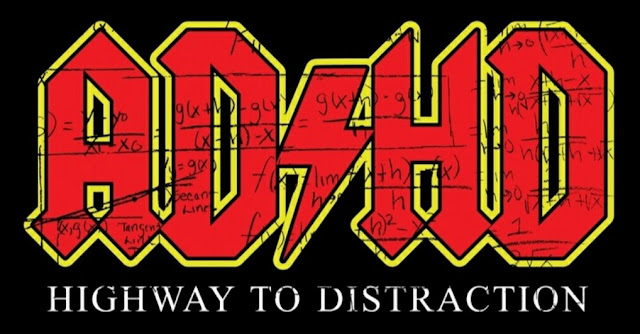I have experienced so much bullying and that I am an outsider at so many workplaces that I already thought something must be wrong with me. I am 47 now and it was a struggle for the last 16 years.
I wondered if it happens to me because I work hard (hyperfocus) and well (perfectionism) and babble little with colleagues except during lunch break or if it always happens because I am a cheerful person and sulky people can't stand cheerfulness and kindness?
Or maybe, I was the awful person, the *beep*?
I often think about conversations or overall the day I had. What I said, what was said to me, what I did, how I behaved. I do not see myself as grumpy, arrogant, unkind, egoistic, rude, whatever. I see myself as friendly, cheerful, polite, helpful, considerate of others, hardly ever moody, honest, and loyal. I believe that employers pay me a salary for working and not babbling more than working and that the lunch break or after-work cocktails but not the working hours exist to interact with colleagues on a more private level.
Or could it just be the mentality of my country? A few years ago I read, that when the GIs came to Europe they got guides about the country they were deployed to. In the guide about my country, it said "There is no point in expecting them to be punctual and reliable, as we understand these terms. That is not how they are made. They really mean it when they promise to do something. They mean it just as honestly when they apologize for not doing it." It further says: "They have little respect for rules and regulations." - it made me laugh so much when I read this 6 years ago but now.
I really couldn't get my head around why this is constantly happening to me! Why do companies in my city don't want hard-working, rule-keeping employees who do their best to do the job properly? Why do they want chronically defiant (reminding of ODD at my last job), lazy employees who compensate for their defiance or laziness by bullying?
So I started searching the Internet and found this article and Michelle's experience is similar to the situation I have experienced in the last 2 weeks. My boss is friends with the bully, turning a blind eye to the person's defiance and accepting the slander about others and also herself. Michelle quit her job - my temporary employment ended and I didn't want it to be renewed.
But constantly having to quit a job is nerve-racking and not the way it should go!
Having ADD and having almost overcome an Anxiety Disorder, not focusing on my job, and not sticking to rules don't seem to be an option. So I asked CHADD (Children and Adults with Attention-Deficit/Hyperactivity Disorder) if they could help me with some advice and a very kind employee of CHADD not only replied very quickly but also sent me those really good articles, that explained to me, why those things were happening:
After reading those articles, I am pretty relieved though I still don't understand, why companies rather keep bullies than the bullied (a decade ago I was told that in about 70 % of cases in my country the bullied person gets fired, not the bully), but at least I know now, that my assumption was right, that it is not my fault and that there is nothing wrong with my work mentality.
I think I'll stay kind and hard-working and hope for the best than to become the way bullies want me, so I don't get bullied! 😌
I can only recommend, contacting CHADD if you need help, or advice or are in doubt about yourself because of your AD(H)D! 💙









.jpg)








